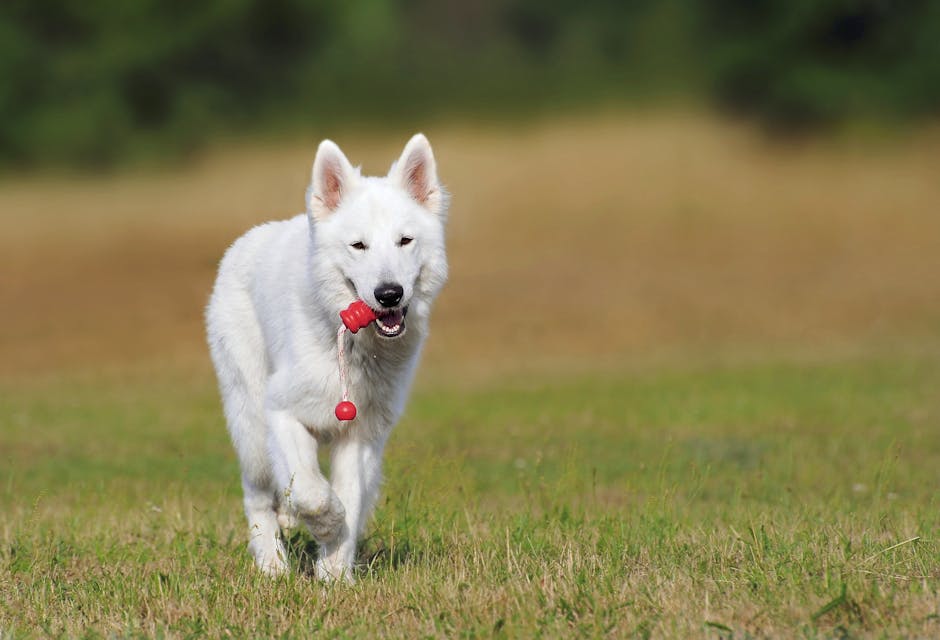Dogs, our loyal companions, have the potential to bring boundless joy and unconditional love into our lives. However, to fully realize this bond, it's essential to invest in their training and establish clear communication channels. Effective dog training is not merely about teaching commands; it's about creating a harmonious relationship built on respect, trust, and understanding.
**Understanding the Principles of Dog Training**
The foundation of effective dog training lies in understanding the principles of positive reinforcement and consistency. Positive reinforcement rewards desired behaviors with treats, praise, or play, while consistency ensures that training methods are applied uniformly and fairly. Avoid using punishment or harsh words, as these can damage your relationship with your dog and impair their learning process.
**Setting Realistic Training Goals**
Before embarking on the training journey, it's crucial to set realistic goals for both you and your dog. Consider your dog's age, breed, and individual strengths and weaknesses. Start with basic commands such as "sit," "stay," and "come," and gradually introduce advanced commands as your dog progresses.
**Choosing the Right Training Method**
There are various dog training methods available, each with its unique approach. The best method for you and your dog will depend on your individual personalities and training goals.
* **Clicker training:** Uses a clicker to mark desired behaviors and reinforce them with treats.
* **Treat-based training:** Rewards dogs with treats for performing specific actions.
* **Leash training:** Teaches dogs to walk calmly on a leash without pulling or lunging.
* **Agility training:** Improves a dog's physical and mental abilities through obstacle courses.
**Training Your Dog at Home**
You can train your dog at home without attending professional classes. However, it's essential to remain patient, consistent, and positive throughout the process. Keep training sessions short and engaging, and always end on a positive note.
**Socialization and Obedience**
In addition to basic commands, it's equally important to socialize your dog and teach them obedience. Socialization exposes your dog to different people, animals, and environments, reducing fear and aggression. Obedience training teaches your dog to follow commands and behave appropriately in various situations.
**Seeking Professional Help When Needed**
If you encounter any difficulties or setbacks in training your dog, don't hesitate to seek professional help from a certified dog trainer or veterinarian. They can provide specialized guidance and support to address any behavioral issues or training challenges.
**The Rewards of Dog Training**
Investing time and effort in dog training is an incredibly rewarding experience. Not only will it strengthen your bond with your furry companion, but it will also provide countless benefits:
* Improved communication and understanding
* Enhanced behavior and obedience
* Reduced anxiety and fear
* Increased confidence and self-esteem
* A lifelong bond built on love and respect
